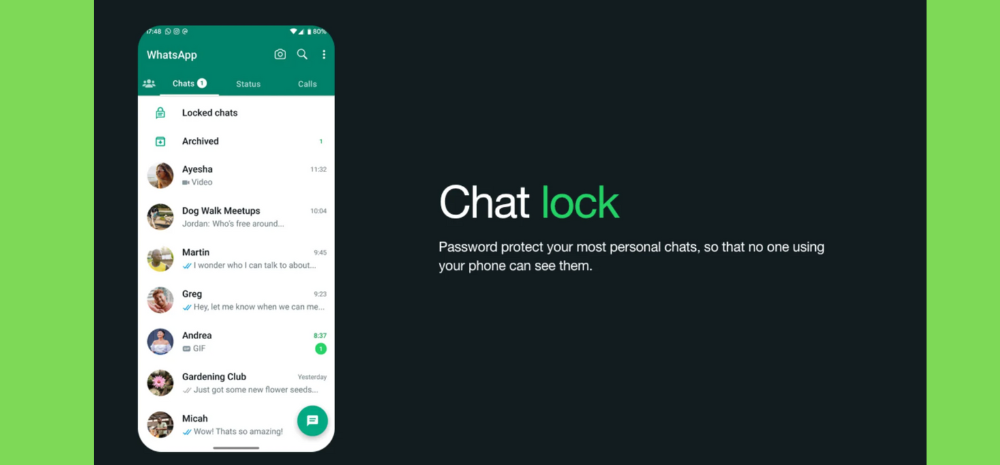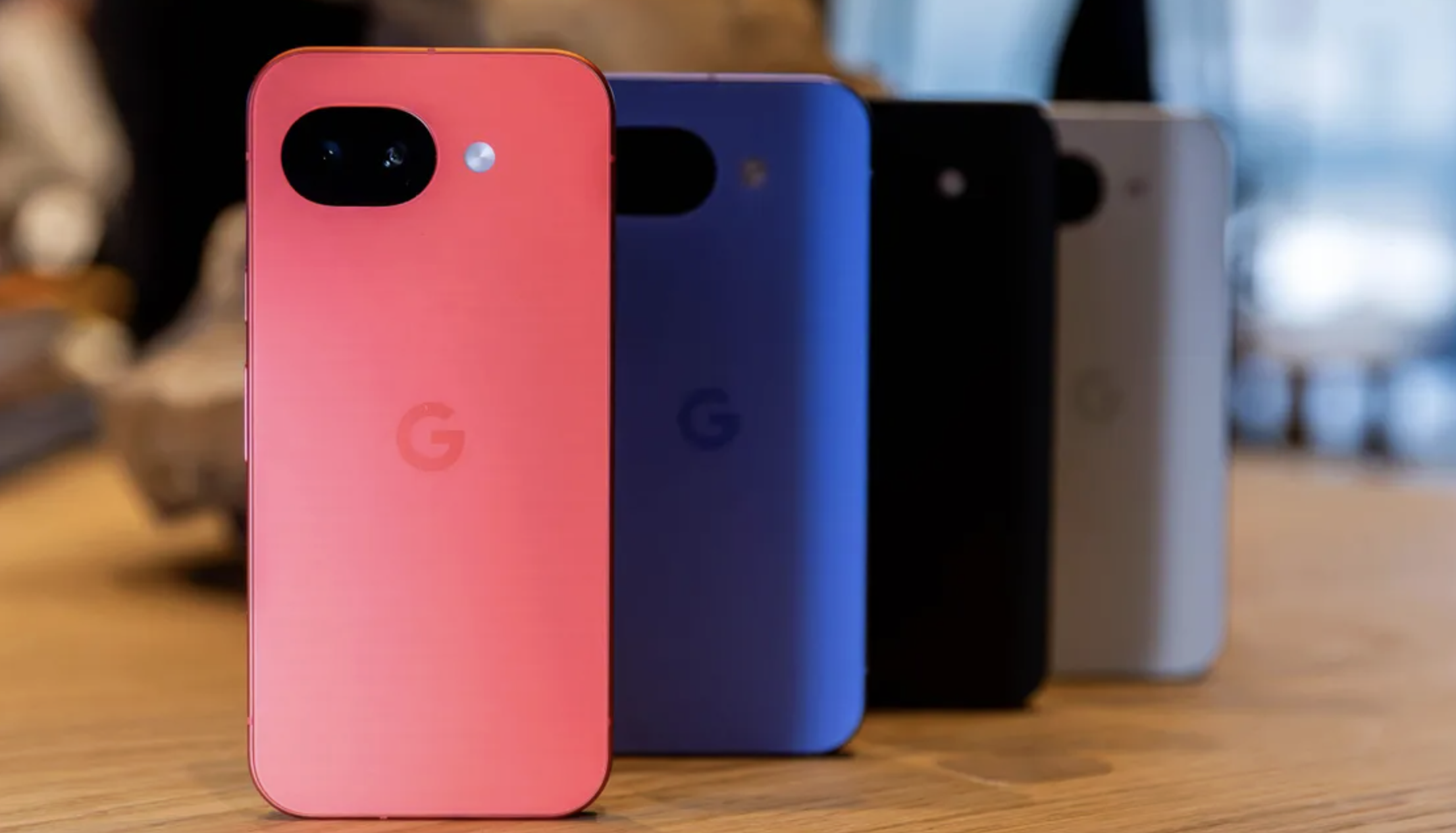Recently, the popular instant messaging platform, WhatsApp has rolled out a secret code feature for Chat Lock, in a move to bolster user privacy.

WhatsApp Launches Secret Code Feature
Meta-owned WhatsApp on Thursday introduced a new ‘secret code’ feature, enabling users to establish a ‘unique password’ for unlocking their locked chats, bolstering an additional layer of security.
This will be an additional way to protect those chats and make them harder to find if someone has access to your phone or you share a phone with someone else, WhatsApp noted.
Meta CEO, Mark Zuckerberg said, “Rolling out secret codeto Chat Lock on WhatsApp so you can protect your chats with a unique password. Now you can set your locked chats to only appear when you type the secret code in the search bar, so no one can “unintentionally” discover your most private conversations.”
How To Use This Secret Code Feature?
With the use of a secret code, users will be able to set a unique password to give their locked chats an extra layer of privacy, according to this Meta-owned instant messaging platform.
Please note here that this password will be different from what you use to unlock your phone.
Under this facility, the users will have the option to hide the Locked Chats folder from their chatlist.
So, the locked chats won’t be discovered until and unless they type the secret code in the search bar.
According to WhatsApp, if it doesn’t suit your needs, you can still choose to have them appear in your chatlist.
In order to lock a chat, the users can now long press to lock it rather than visiting the chat’s settings.
WhatsApp further said, “We’re so happy our community has been loving Chat Lock, and hope that secret code makes it even more useful to them,” in a blog post.
If you are wondering about the availability of this Secret code feature then it starts rolling out on 30 November, and in the coming months will be available globally.
The blog further noted, “We’re excited to keep bringing more functions to Chat Lock to help people protect their privacy.”












